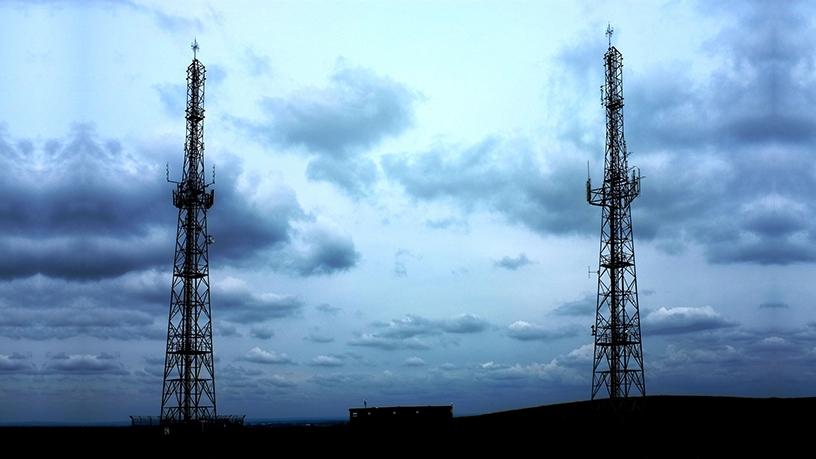
The Independent Communications Authority of South Africa (ICASA) has withdrawn its 2016 invitation to apply (ITA) for high-demand radio frequency spectrum, in a move that signals a step forward in the process of allocating spectrum to telecoms operators.
Last month, telecommunications and postal services minister Siyabonga Cwele and the ICASA council agreed to settle the court challenge involving the ITA, which has effectively kept any allocation of spectrum on hold for over two years.
In the joint statement last month, Cwele and the council said in terms of the settlement agreement, ICASA would withdraw the ITA, issued in July 2016, and the minister would also withdraw a legal challenge it began shortly after. The regulator confirmed the withdrawal of the ITA for spectrum in the 700MHz, 800MHz and 2.6GHz bands in a government gazette published on 8 October 2018.
As a result of the settlement, Cwele commenced consultations with ICASA on a draft policy direction for the licensing of high-demand spectrum, and a discussion document was published on 27 September 2018 in a Government Gazette notice. The document invited interested persons to provide written comments on the proposed policy direction within 30 working days of the date of publication.
The settlement agreement, according to both parties, was in line with president Cyril Ramaphosa's call last month to "initiate the process for the allocation of high-demand radio spectrum to enable licensing", as one of the reforms government proposes to ignite economic activity, restore investor confidence, prevent further job losses and create new jobs.
At the time, ICASA council chairperson Rubben Mohlaloga said the authority was pleased that the "impasse" over the licensing of high demand spectrum had finally been resolved.
"It is our concerted view that the settlement of the 2016 litigation and pending consultation process on the policy direction provides much needed certainty for the sector to thrive."
Old battles
The legal battle between Cwele and ICASA can be traced back over two years, when ICASA issued the ITA for licences for spectrum in the 700MHz, 800MHz and 2.6GHz bands, to be used to provide mobile broadband wireless access services in SA. But Cwele challenged the licensing process, saying ICASA should have waited until the department had finalised its National Integrated ICT Policy White Paper before inviting operators to bid for spectrum. In September 2016, Cwele won a court interdict to halt the planned spectrum auction.
The white paper put forward the idea of wholesale open access network (WOAN), which calls for a shake-up of the previous policy framework for spectrum allocation in favour of an "open access regime", with the WOAN outlined as a "public-private sector owned and managed consortium".
According to last month's joint statement, Cwele intends to direct ICASA to issue a new ITA, accept and consider applications for an electronic communications network service licence and radio frequency spectrum licence to provide wholesale open access, while ensuring its sustainability and viability, taking into account the outcomes of a study conducted by the Council for Scientific and Industrial Research (CSIR).
At the end of the public consultation process, and after considering the final policy and policy directions issued by the minister, ICASA will commence the licensing process for the assignment of high-demand spectrum, according to the statement.
According to the telecoms department, the CSIR report provides recommendations on the spectrum required by the WOAN to ensure its viability and sustainability on the basis of 20% market share, and excess unassigned high-demand spectrum for other electronic communications network service licensees.
Share